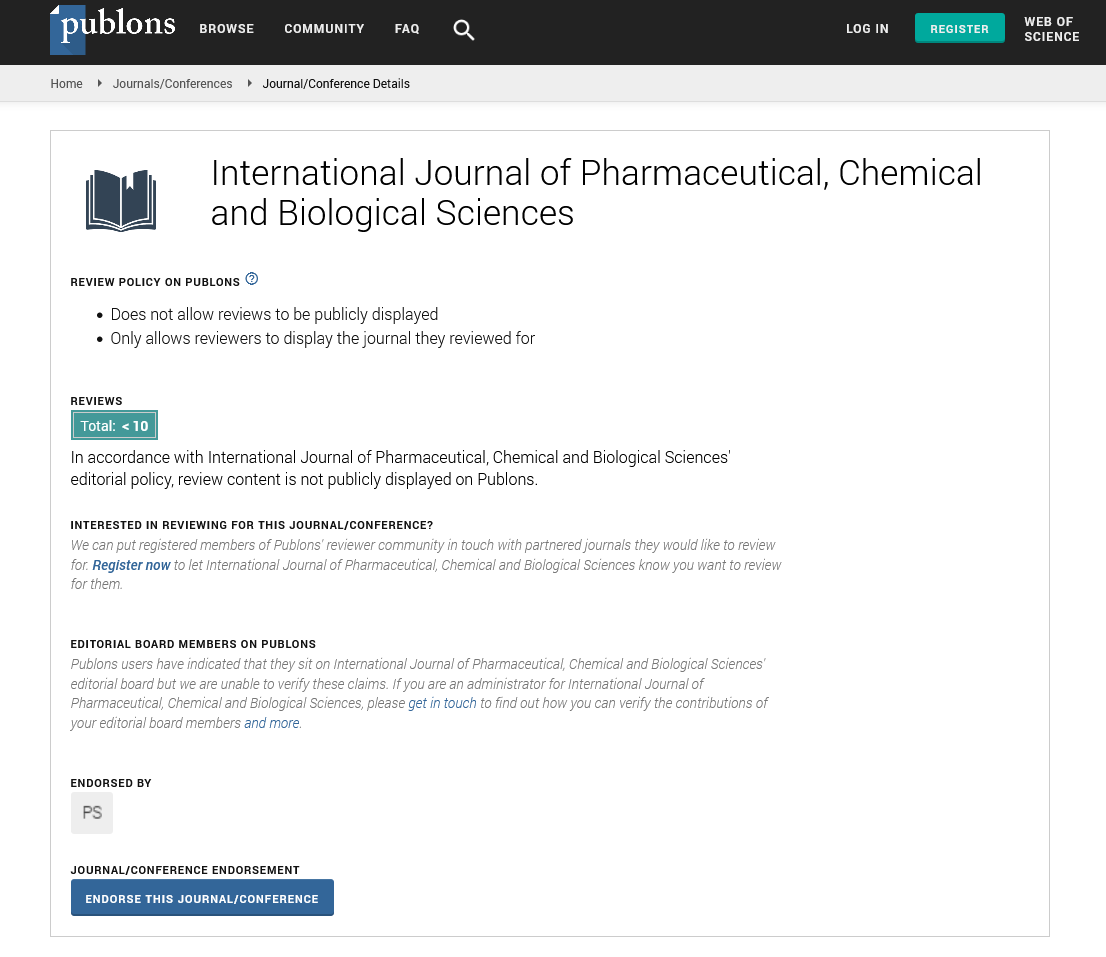Abstract
Author(s): Kumar Ganesan1, Kumeshini Sukalingam1, Kanaga Balamurali1, Siti Radziah Bt. Sheikh Alaudeen1, Kumar Ponnusamy1, Indang Ariati Ariffin1andSharmila Banu Gani2*
This review assesses many of the health implications and toxicity associated with monosodium glutamate (MSG) in animalmodels. MSG is the sodium salt of the amino acid responsible for their savoury tasteof the food. The prevalence of this salt as a food additive in Asian, American and European cuisine and other diets. Debate over the healthiness of MSG and its effects on human obesity and other health problems has led to a negative public opinion. This literature review assesses that the consumption of MSG brings to pertain weight gain, obesity, locomotor and learning deficit, behavior and memory changes in rats. Increased obesity and body mass in rats is also associated with diabetes mellitus, hyperinsulinemia, atherosclerosis, cardiovascular disorder and fatty liver. The studies further suggest that MSG is neurotoxic in rats when injected neonatally. This review asserts the neonatal consumption of MSG leads to scarring of the neurons in the hippocampus and inhibited glutamate synthesis, resulting in impaired spatial memory and learning. Most of the studies provide evidence that ingestion of MSG is associated with neuro-endocrine disorders, metabolic dysfunction, oxidative stress and learning and memory deficit based onthe clinical studies

